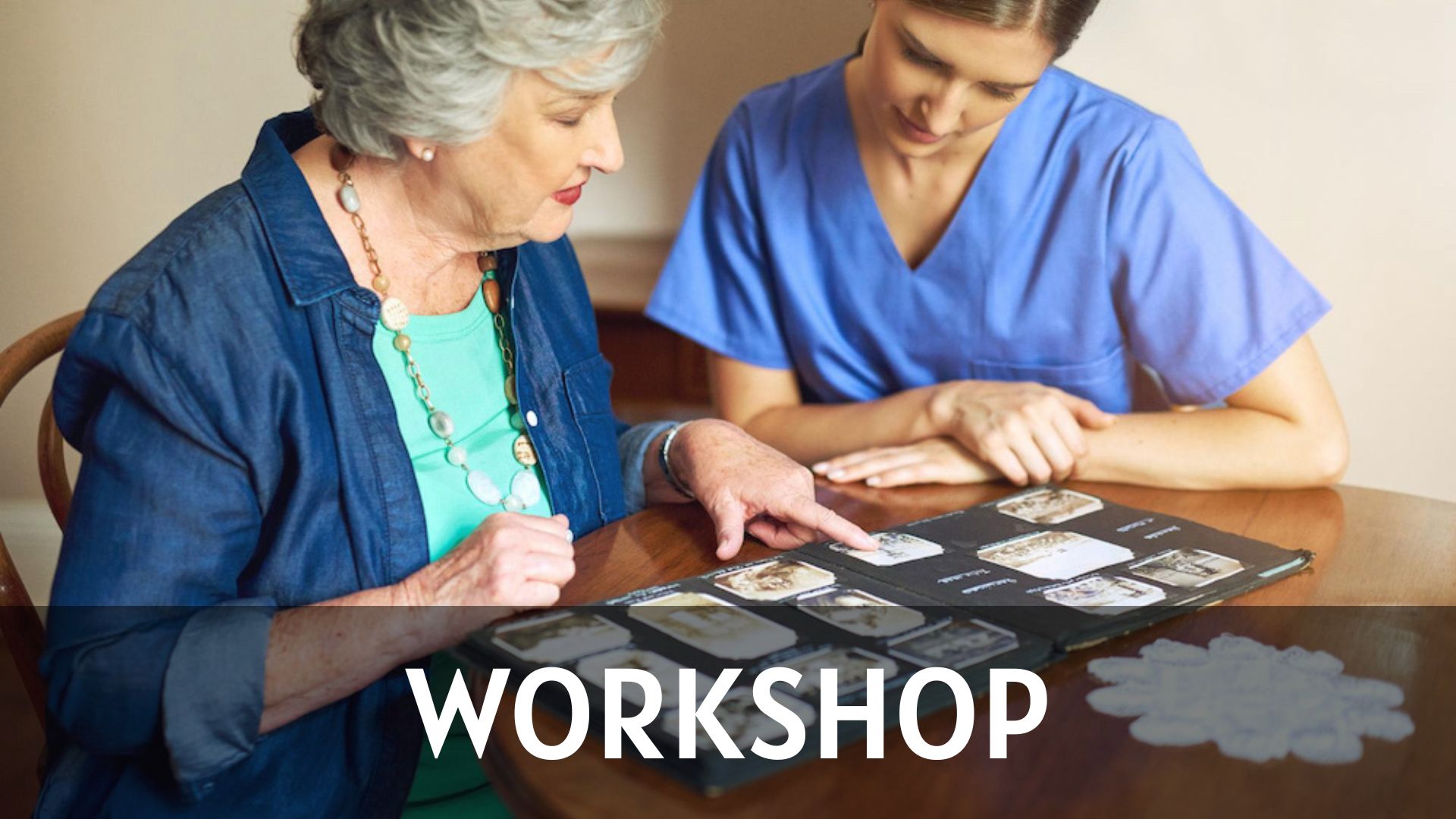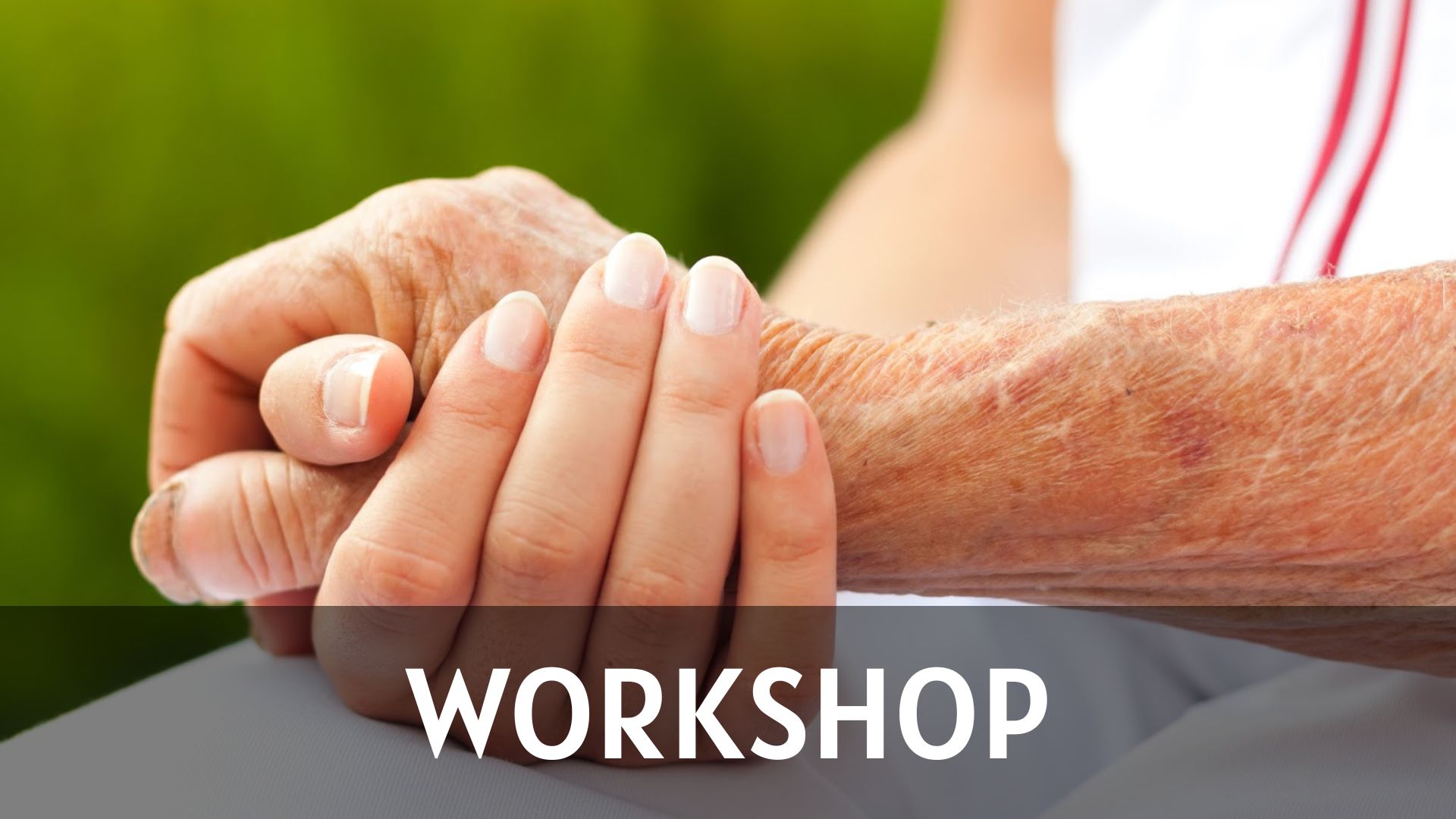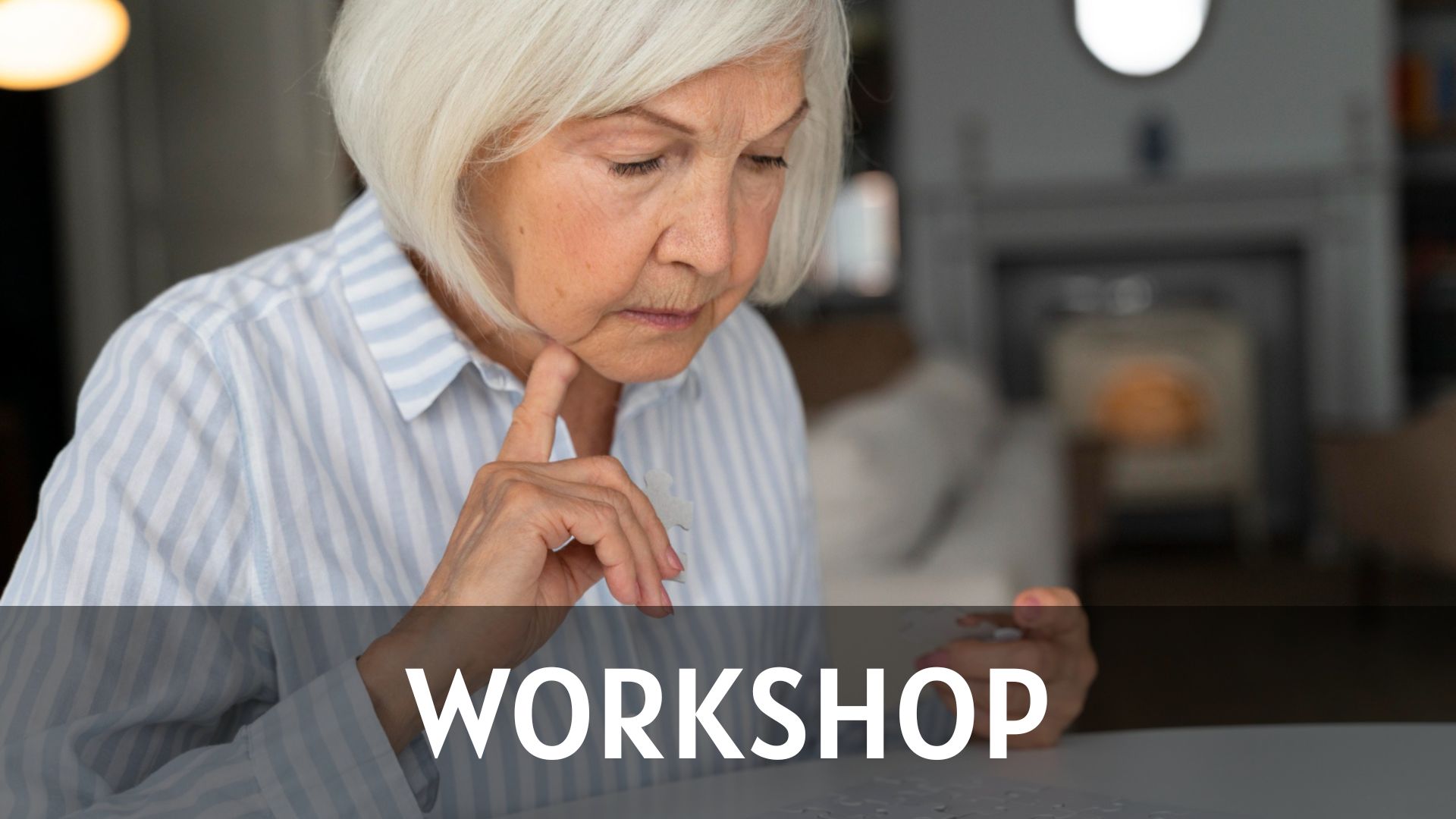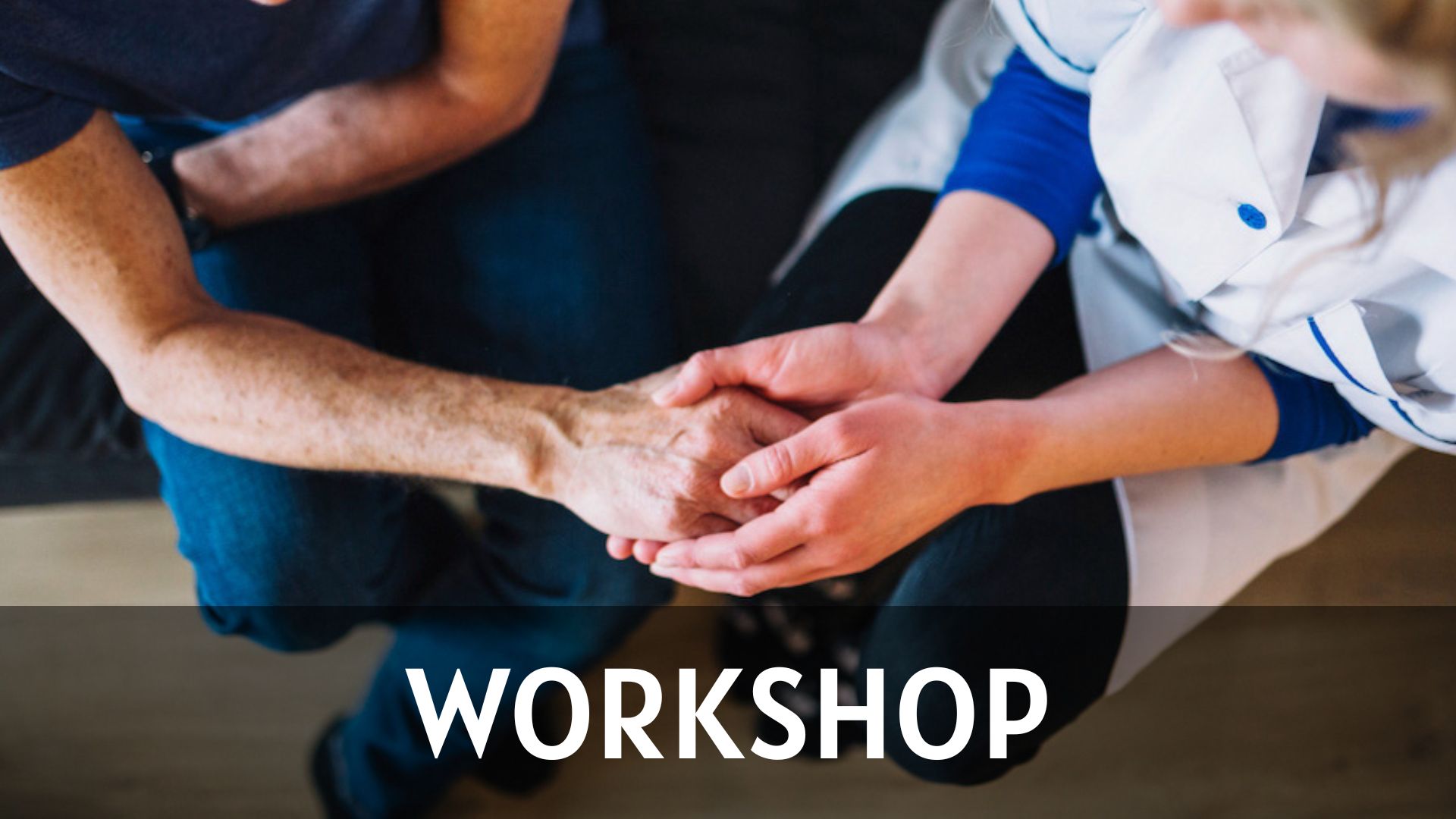EMPLOYEE TRAINING ◆ FAMILY WORKSHOPS ◆ FAMILY MEETINGS
I have completed the Certified Independent Positive Approach to Care™ training where I became certified to teach caregivers and family members best practices for working with someone with cognitive impairment (dementia, Alzheimer’s, and MCI). Family members who care for a spouse or a parent are encouraged to focus on what skills are still available in the brain and create a positive experience for both.

Normal Aging vs.
Not Normal Aging
Who will benefit from this workshop? Anyone whose loved one has a cognitive impairment; Care providers employed as CNAs, LPN, and RNs in a senior community or as private duty caregivers.
This workshop helps learners understand and recognize the differences between normal and not normal aging. The learner will develop better observational skills to identify and intervene effectively during behavioral challenges. Learners will also create new skills related to approach, cueing, and the ability to connect with people affected by dementia. The workshop will also address typical changes in the condition’s early, middle, and late stages, including the final care concerns.

Positive Physical Approach™ & Hand-under-Hand®
Who will benefit from this workshop? Anyone whose loved one has a cognitive impairment; Care providers employed as CNAs, LPN, and RNs in a senior community or as private duty caregivers.
This workshop helps learners understand how to adapt how we interact when the other person’s brain changes. This workshop will explain how the brain changes when someone is living with dementia and what care partners can do to be supportive. Learners will practice using Positive Physical Approach™(PPA) and Hand-under-Hand®, developed by Teepa Snow. Both techniques are based on building relationships and doing with people instead of to people.

Seeing GEMS® As More than Just Loss: Progression Patterns
Who will benefit from this workshop? Anyone whose loved one has a cognitive impairment; Care providers employed as CNAs, LPN, and RNs in a senior community or as private duty caregivers.
This workshop helps learners understand the GEMS® Model developed by Teepa Snow. This model is based on the Allen cognitive scale and focuses on what is retained for people living with dementia instead of only focusing on what is lost. In identifying retained skills and abilities, learners will be able to provide the right level of support and assistance in care for people in different ability states. By understanding GEMS States, we can learn to provide the best care and setting so that everyone can shine.
By completing this 2-hour workshop, learners can: 1. Compare and contrast normal aging versus not normal aging related to various cognitive functions. 2. Describe the five sensory input and processing systems, highlighting the dominant role of vision and the significant differences between protective and discriminating sensations in each. 3. Discuss the impact of changing sensory awareness and processing as dementia progresses

Normal Aging vs.
Not Normal Aging
Who will benefit from this workshop? Anyone whose loved one has a cognitive impairment; Care providers employed as CNAs, LPN, and RNs in a senior community or as private duty caregivers.
This workshop helps learners understand and recognize the differences between normal and not normal aging. The learner will develop better observational skills to identify and intervene effectively during behavioral challenges. Learners will also create new skills related to approach, cueing, and the ability to connect with people affected by dementia. The workshop will also address typical changes in the condition’s early, middle, and late stages, including the final care concerns.

Positive Physical Approach™ & Hand-under-Hand®
Who will benefit from this workshop? Anyone whose loved one has a cognitive impairment; Care providers employed as CNAs, LPN, and RNs in a senior community or as private duty caregivers.
This workshop helps learners understand how to adapt how we interact when the other person’s brain changes. This workshop will explain how the brain changes when someone is living with dementia and what care partners can do to be supportive. Learners will practice using Positive Physical Approach™(PPA) and Hand-under-Hand®, developed by Teepa Snow. Both techniques are based on building relationships and doing with people instead of to people.

Seeing GEMS® As More than Just Loss: Progression Patterns
Who will benefit from this workshop? Anyone whose loved one has a cognitive impairment; Care providers employed as CNAs, LPN, and RNs in a senior community or as private duty caregivers.
This workshop helps learners understand the GEMS® Model developed by Teepa Snow. This model is based on the Allen cognitive scale and focuses on what is retained for people living with dementia instead of only focusing on what is lost. In identifying retained skills and abilities, learners will be able to provide the right level of support and assistance in care for people in different ability states. By understanding GEMS States, we can learn to provide the best care and setting so that everyone can shine.
By completing this 2-hour workshop, learners can: 1. Compare and contrast normal aging versus not normal aging related to various cognitive functions. 2. Describe the five sensory input and processing systems, highlighting the dominant role of vision and the significant differences between protective and discriminating sensations in each. 3. Discuss the impact of changing sensory awareness and processing as dementia progresses

